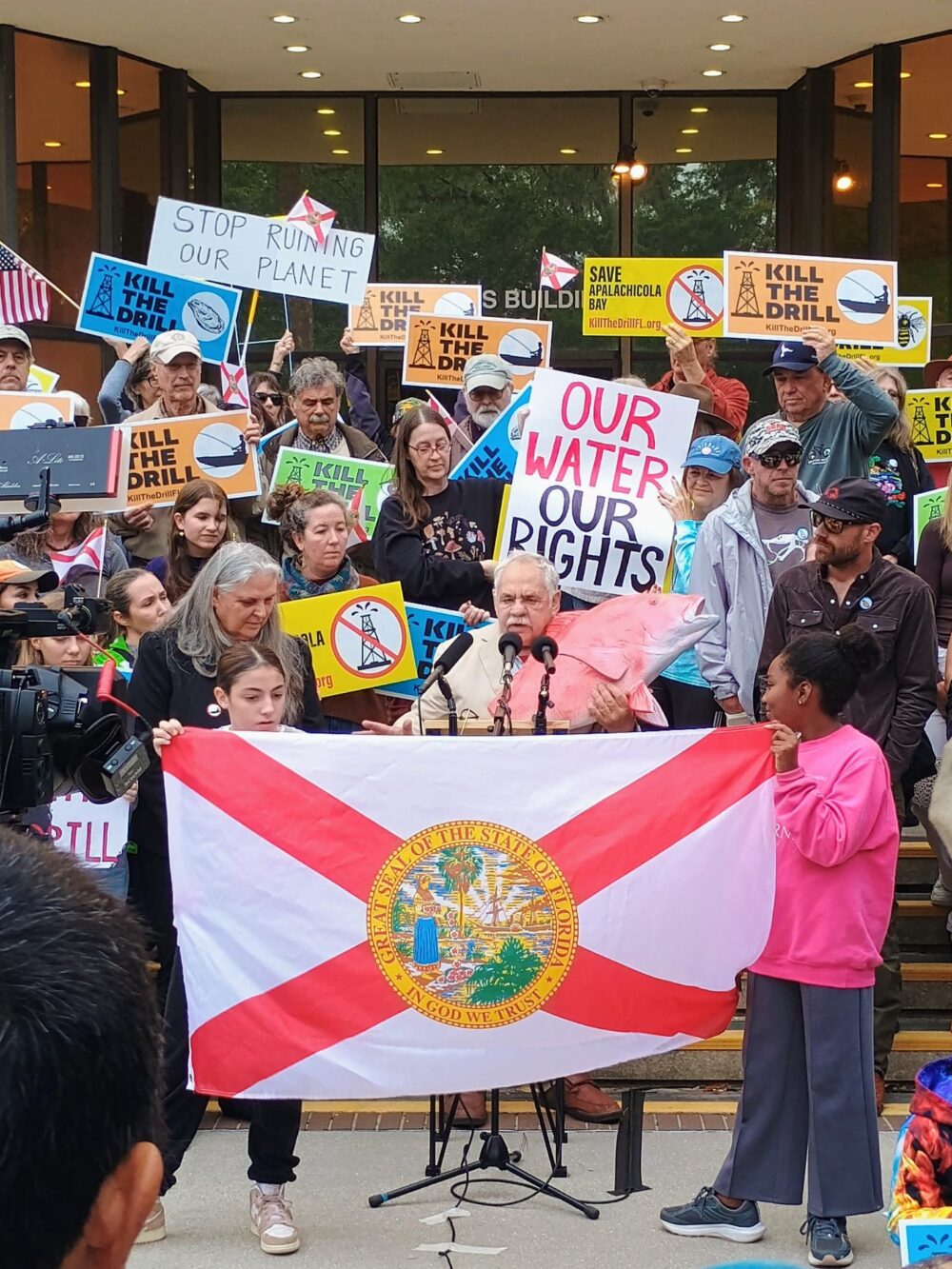We have much more to do and your continued support is needed now more than ever.
House and Senate Bills Offer a Breath of Fresh Air from Fossil Fuels

FRAC Act
Fracturing Responsibility and Awareness of Chemicals Act
H.R. 1084 and S.587
- The FRAC Act, introduced in the House and the Senate, close bring oil and gas drilling exemptions in the Safe Drinking Water Act (SDWA).
- The Act will require energy companies to publicly disclose the chemicals used during hydraulic fracturing, but not the specific formula for fracking fluids.
- In the event of a medical emergency involving fracking chmicals, energy companies will have to give the specific formula to a doctor, the state, or Environmental Protection Agency if treatment becomes necessary.
BREATHE Act
The Bringing Reductions to Energy’s Airborne Toxic Health Effects Act
H.R. 1240
- The BREATHE Act is the sister legislation to the FRAC Act and would close oil and gas drilling loopholes in the Clean Air Act.
- The Act would close the NESHAP (National Emission Standards for Hazardous Air Pollutants) exemption for energy companies, encouraging them to use the best and most cost efficient technologies to reduce emissions.
- Hydrogen Sulfide (H2S), a toxic gas released during oil and gas production, will be relisted as a hazardous air pollutant under the Clean Air Act’s (CAA). H2S was removed from the CAA list at the insistence of oil and gas companies. Increased exposure to this chemical damages nervous and respiratory systems and can lead to death.
These key pieces of legislation come at a time when rising oil prices and dwindling supply are making natural gas a very attractive alternative for energy companies and local economies. However, the risks to human health, wildlife and the environment are causing some lawmakers to take a second look at the impacts of oil and gas drilling. Click here to find out how you can take action to protect wildlife and water from toxic fracking fluids.





















